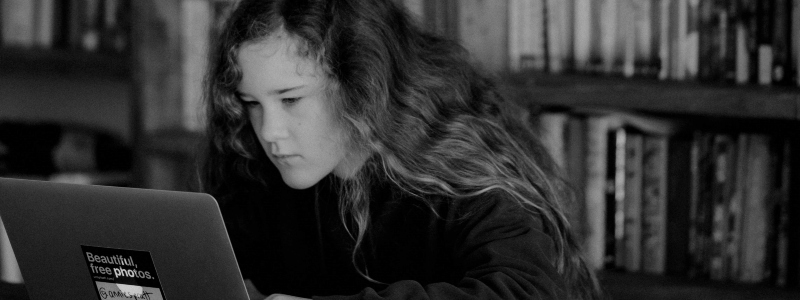
In Educational Psychotherapy (1), I explain how Educational Psychotherapy first evolved and how, as an approach, it can help promote social and emotional development as well as the thinking skills required for learning. This was illustrated through the aspects of a child’s first six months in therapy. Here, I highlight three areas of further progress over the next 12 months of work with the same child. Again, this account is disguised and anonymised.
Empathy and feeling understood
One of the most exciting benefits of Sammy’s becoming more emotionally literate was the opening it allowed for me to make connections between his experiences with family and friends and his feelings and then providing empathy for Sammy’s felt experience. This enabled Sammy both to feel held and understood by me at an emotional level and to experience his feelings as making sense. Over time, Sammy came to welcome this and it seemed to encourage him to actively seek openings to make further connections between his experiences past and present and his thoughts, feelings and behaviours.
Mind-mindedness and social connection
Early on in the therapy, Sammy found it difficult to engage in wondering about his own mind or about others’ minds, in either imaginary or real contexts. There were times when he seemed to think I should have already known what he was thinking. Things began to shift when trust developed and Sammy allowed himself to become more openly curious about me, what my life might be like and how I might perceive him. He grew increasingly accepting of the idea that I had a mind separate to his and that learning about each other involved a shared process. He started to wonder about my own mental state and thoughts, perhaps partly in response to my modelling of a mentalising approach with him. This capacity to be “mind-minded” was also reflected in Sammy’s accounts of social interactions at school when he openly wondered about various students’ motivations for particular actions and how they might have been feeling about a situation. This included an understanding that people might have mixed feelings at times.
Therapeutic journey
It was Sammy’s journey of mental-emotional-social self-discovery which came to shape the bulk of our sessions and it was an encouraging and rewarding journey to be a part of. The significance to Sammy of this work became increasingly evident as I began to talk about the sessions coming to an end several months before the final session. Sammy found this very hard and would avoid or deny the subject in various ways. However, in time, we were able to talk more about what this avoidance meant and Sammy moved into a period of some weeks when, unprompted, he became highly reflective about what the sessions had meant to him, bringing in memories of particular activities and commenting on changes which he felt had taken place within himself. He also made reference to ways in which our working relationship had changed. He spoke with confidence and resilience and a certain assurance that his memory would remain in my mind after our sessions had come to an end – and it has!
Brighton and Hove Psychotherapy is a collective of experienced psychotherapists, psychologists and counsellors working with a range of client groups, including fellow therapists and health professionals. If you would like more information, or an informal discussion please get in touch with us. Online therapy is available.

